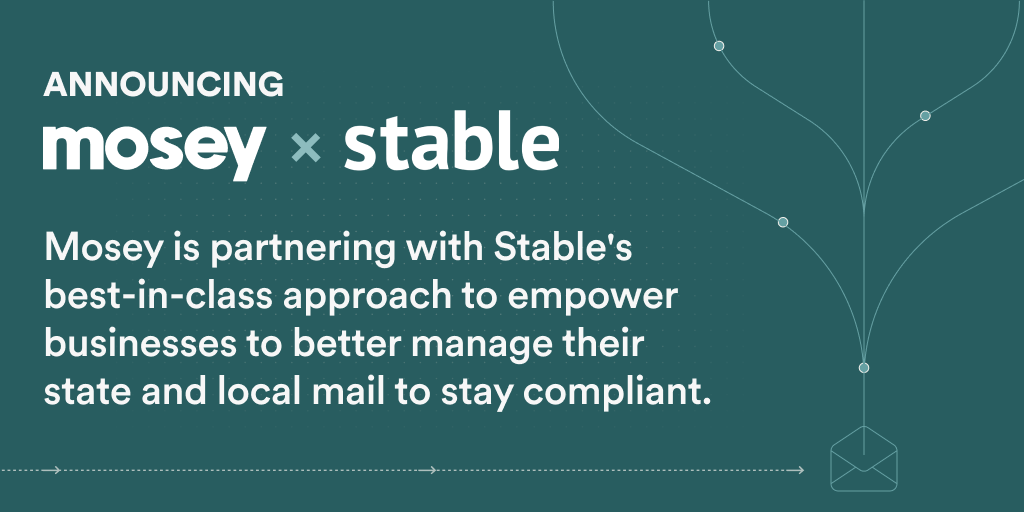When your company hires employees in Idaho, you are required to comply with federal, state, and local employment laws. There are a variety of human resources and labor policies in the workplace that differ by state. Through your employee handbook, employers can easily document and distribute the correct policies to their employees to comply with the laws of each state.
Creating your Idaho Employee Handbook is a useful way to explain important policies and procedures, mitigate legal risk, and introduce employees to the expectations and operating practices of the organization.
Mosey has compiled the relevant policies a company with employees in Idaho must consider.
Launch your employee handbook in minutes.
Everything you need to automate a compliant handbook for all 50 states.
Idaho Employee Handbook Policies
There is one state and local employee handbook policy in Idaho.
Leaves of Absence
Idaho Jury Duty Leave Policy
You are entitled to job-protected leave to serve as a juror. Unless directed otherwise by your manager, you should return to work at the completion of jury duty, even if for a partial day.
Employee handbook builder
Build your employee handbook in every state and keep it up to date automatically with Mosey.
Federal Employee Handbook Policies
Regardless of which states you have employees in, there are required federal policies that must be included in your employee handbook. In addition to any state-specific policies, your employee handbook for Idaho should contain the following federal policies.
- Anti-Harassment Policy
- Anti-Sexual Harassment Policy
- Anti-Retaliation Policy
- Equal Employment Opportunity Policy
- Reasonable Accommodation Policy
Handbook Policy Best Practices
In addition to the required federal policies, the following policies are best practices to include in your employee handbook.
- Weapons Policy
- Disciplinary Action Policy
- Prohibited Conduct Policy
- Violations Reporting Policy
- Workplace Violence Prevention Policy
- At-Will Employment




